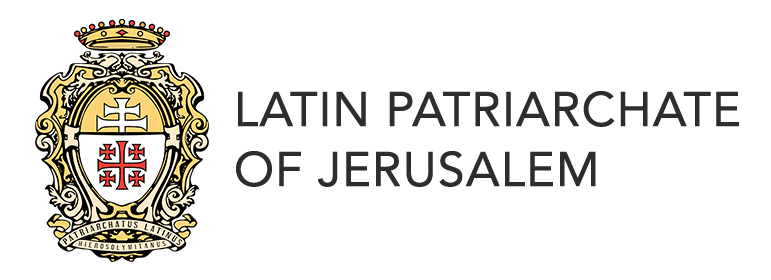XXVII Sunday of Ordinary Time A
Mt 21, 33-43
This Sunday again, we hear a parable and this parable is also about a vineyard (Mt 21:33-43).
The context in which we find ourselves is that of the temple, after Jesus' entry into Jerusalem (Mt 21:1-11); and the parables are Jesus' response to an objection, raised by the leaders of the people, about the authority Jesus claims to perform certain powerful symbolic gestures (Mt 21:23).
It is clear that the parables are an attempt on Jesus' part to help the leaders question themselves: they are not only addressed to them but also speak about them. In some ways they are the protagonists.
To get into this parable we can start with a central verse: when the winegrowers see the master's son arriving, sent by his father to collect the fruit, they put into words what is in their hearts, what underlies their violence: "This is the heir. Come on, let us kill him and we will have his inheritance" (Mt 21:38).
To have his inheritance, God's inheritance, his life: this is man's desire from the very first pages of biblical history. And God is not the enemy of this desire: from the very beginning he gives man his life, just like the owner of this vineyard, who has loving and attentive care for it and does everything he can so that the vineyard bears fruit.
Where, then, is the problem? Why do the winegrowers not get to enjoy the inheritance they so much desire?
The parable speaks of a paradox, which is this: the only way they can enjoy the fruit of the vineyard, the only way they can have God's inheritance is to return the fruit to him.
We think that to enjoy something you have to own it.
For God, the only way to enjoy it is to give it back. For it is precisely by returning life to the Father that we become children and thus heirs of his life.
Perhaps we need to clarify what it means to give the Father back his fruits: because in normal life, when we give something back to someone, we are left with nothing.
With God it is not like that: to return the fruits to Him does not mean that He authoritatively and arbitrarily takes away what we have laboriously earned. It means exactly the opposite: recognizing that everything comes from Him, that everything is a gift, that only because of Him do we bear fruit; it means not being afraid to lose anything.
Thus, in fact, is the Word of God (cf. Is 55:10-11): it is like the rain and snow that, having watered the earth and made it sprout, then it can return to the Father, for from there everything comes and everything returns.
To return means, after all, to make one's life flourish in gratitude.
When we do not recognize our relationship as children, when we are not grateful to God for who we are and what we have, then we try to own life, to become the masters of it, like the winegrowers; but God never tires of trying to bring us to this realization and he sends his servants, with confidence, to remind us that life is not ours.
And even when his last attempt seems to fade, in fact, right there, the eternal desire of God that man's life be restored in thanksgiving, is fulfilled.
Indeed, in this regard, the Gospel account is very interesting: having ended the parable with the death of the son, Jesus questions the leaders, asking them to draw conclusions. What will the master do with those winegrowers (Mt 21:41)?
And if their answer sees no other option than to punish them with death (Mt 21:41), Jesus does not think so and responds by quoting Psalm 118 ("The stone rejected by the builders has become the cornerstone. This has been done by the Lord: a marvel in our eyes" - 22-23), an "Easter" psalm that invites rejoicing over what the Lord has done.
What has he done? He has turned death into life, for it is precisely the sacrifice of the Son that becomes the first true life restored in love to the Father, rich in that good fruit which is a trust finally returned.
The stone, discarded by the builders, became the first Eucharist, the first fruits offered without fear, the first inheritance received in thanksgiving.
+Pierbattista









